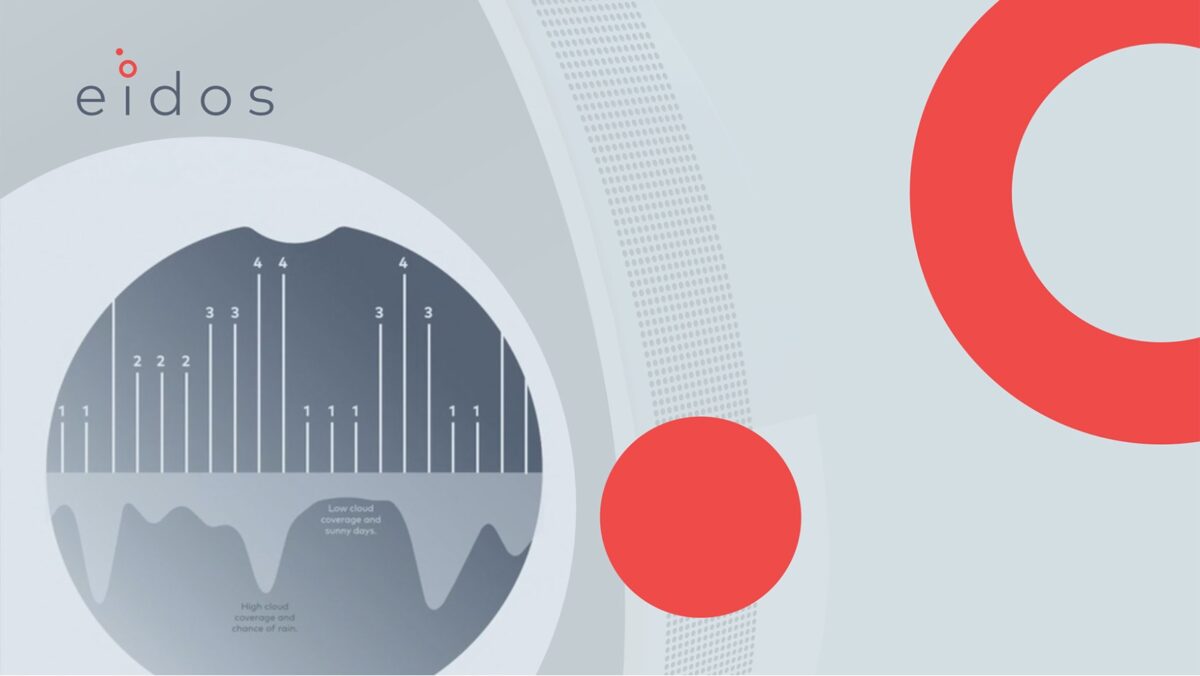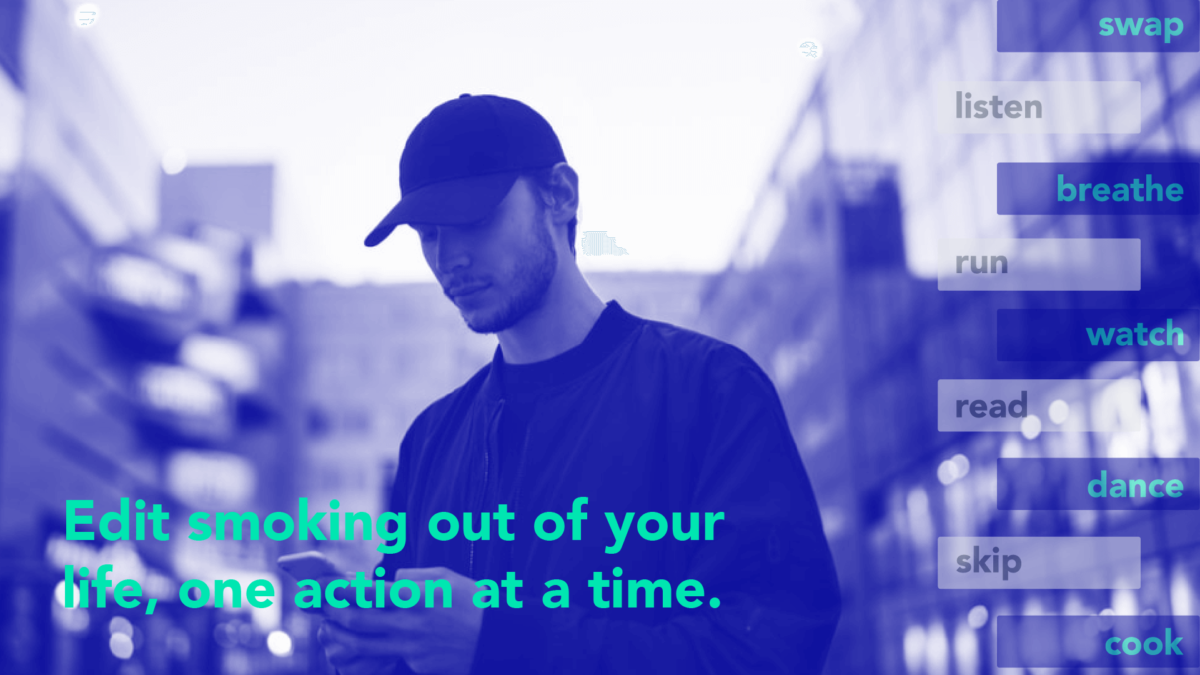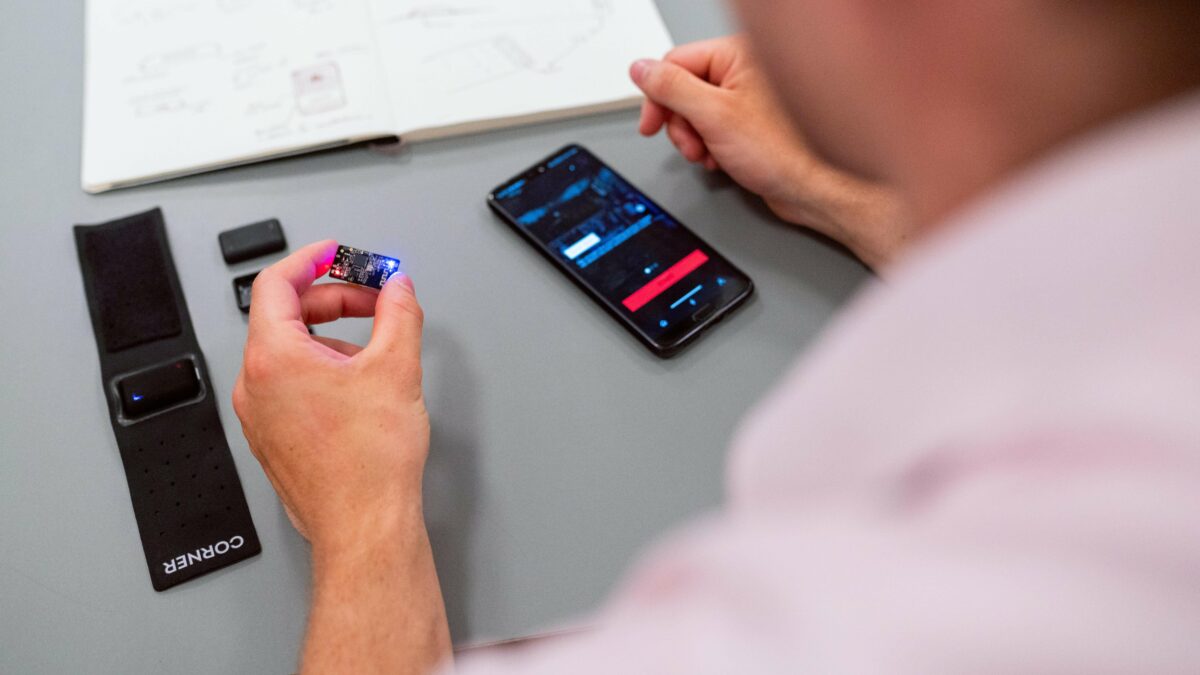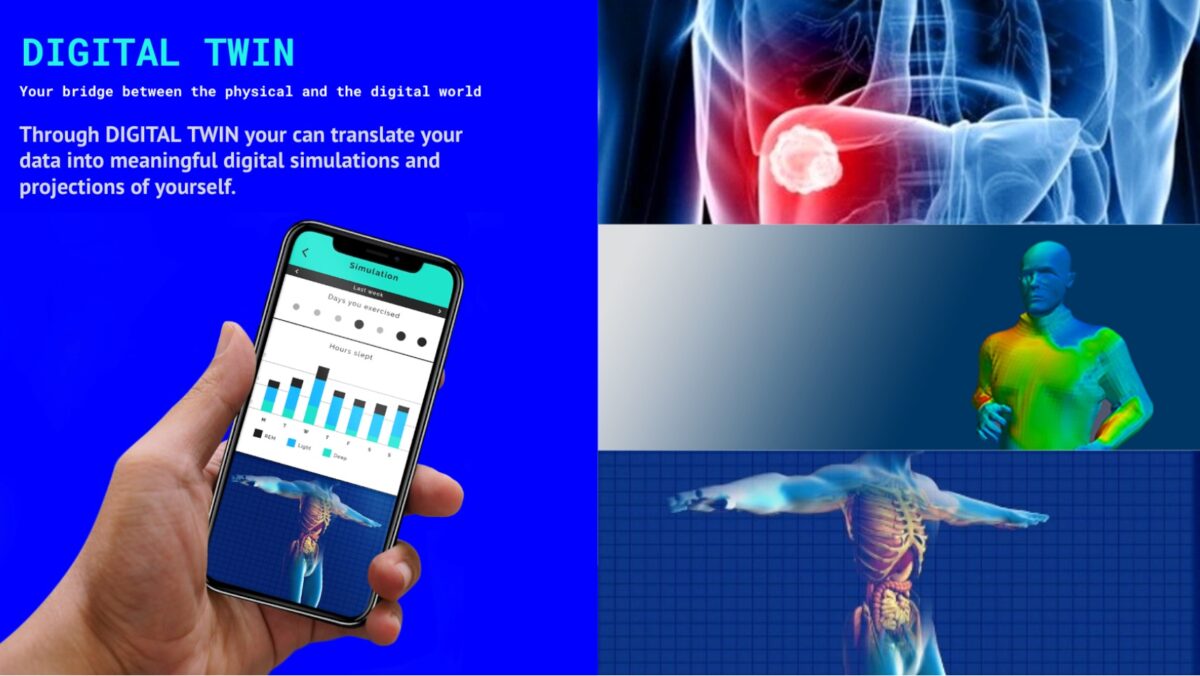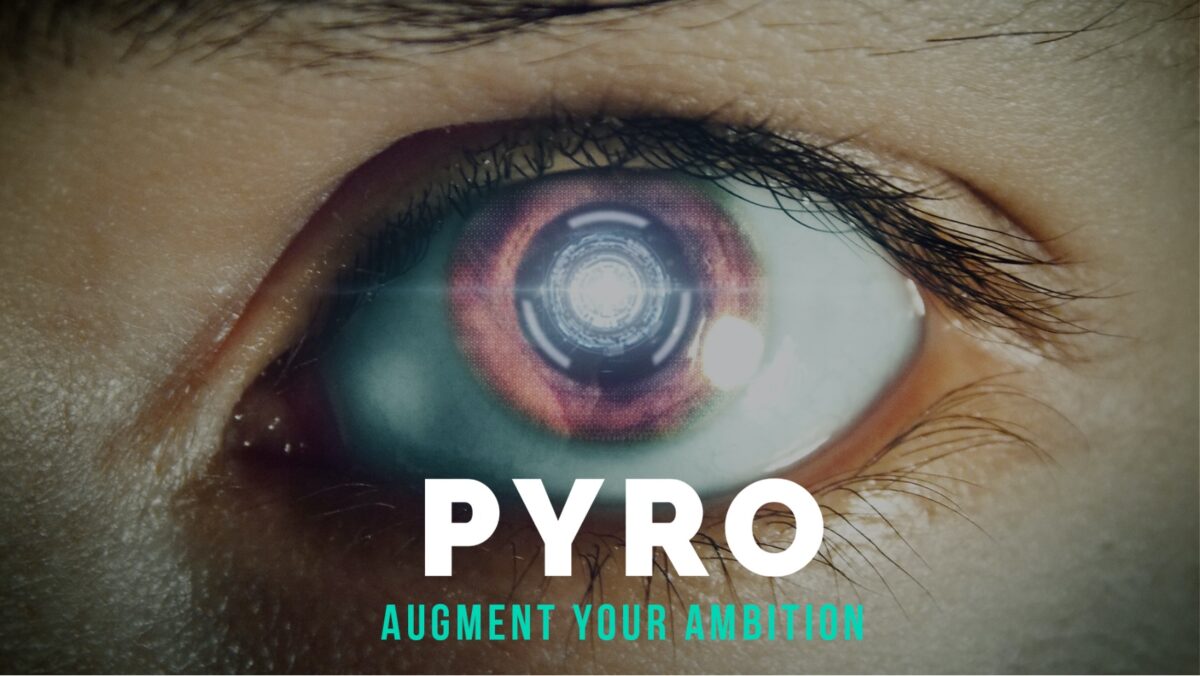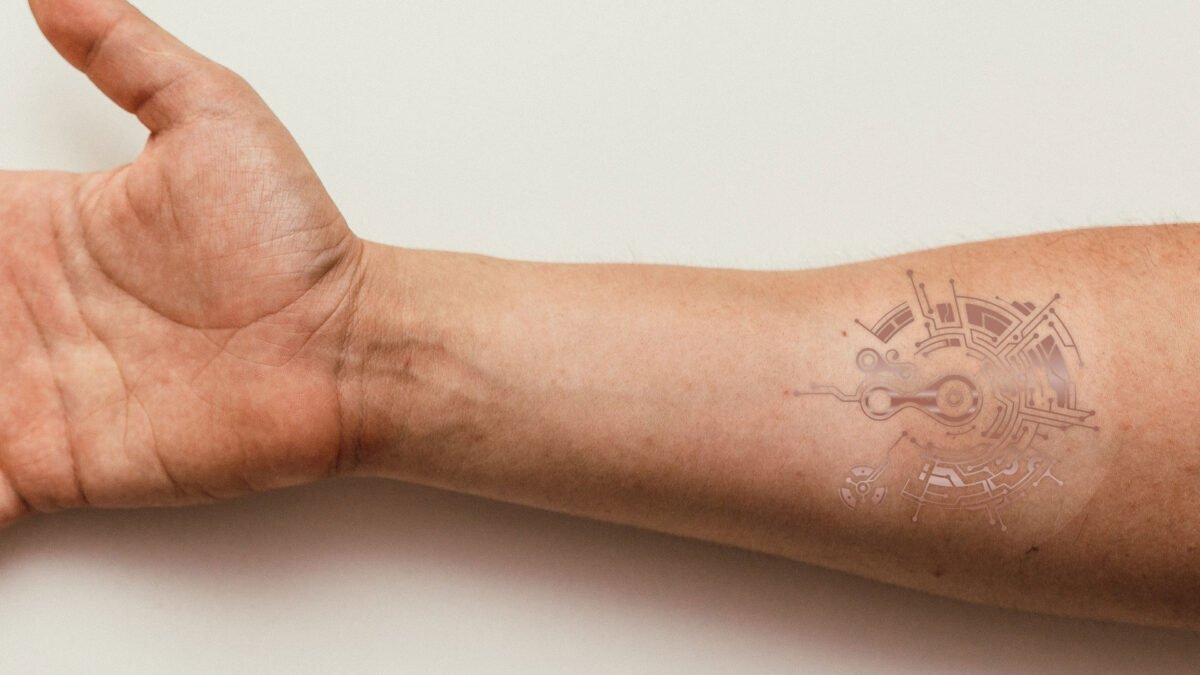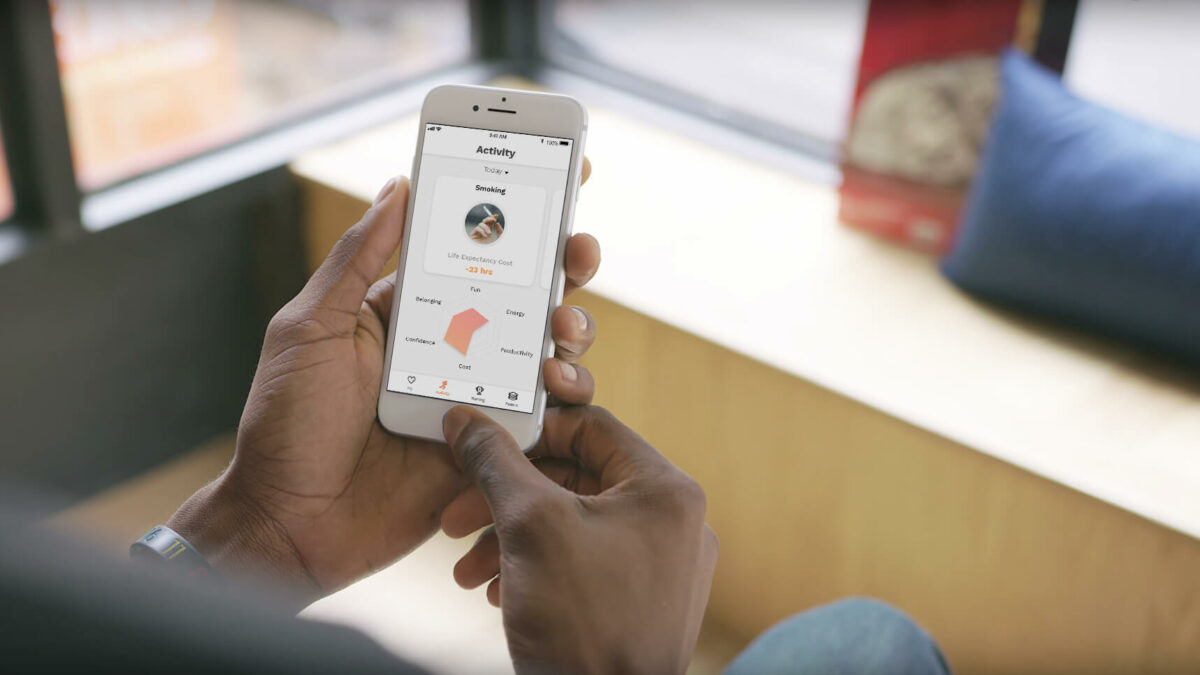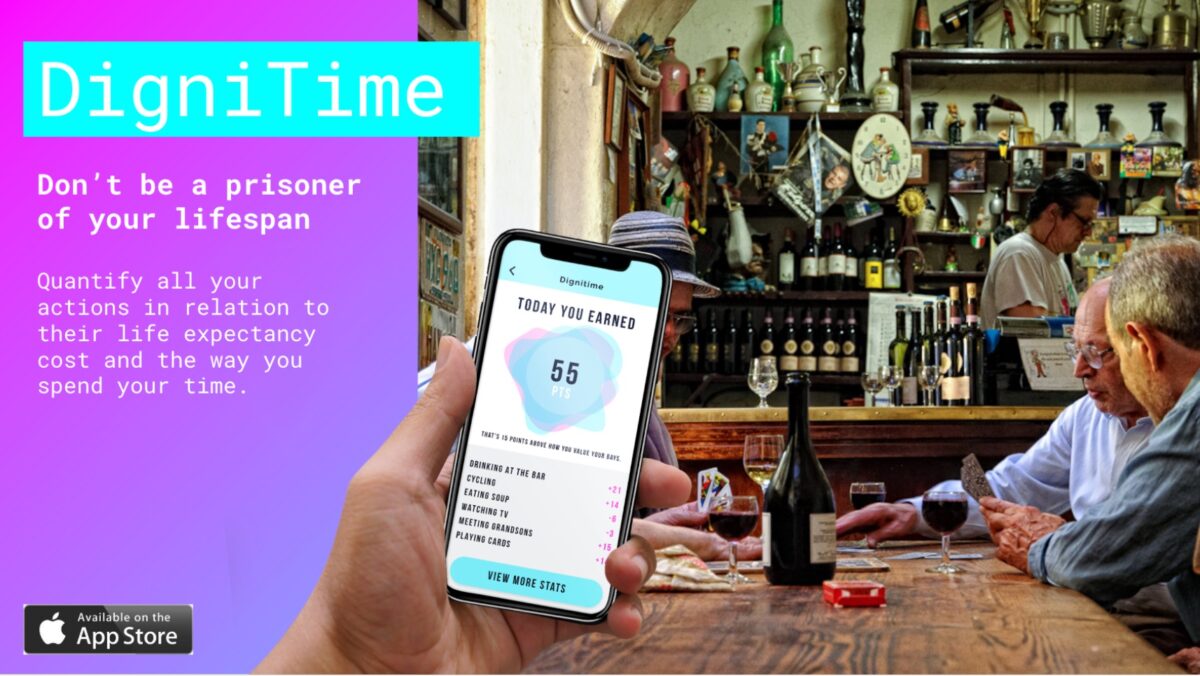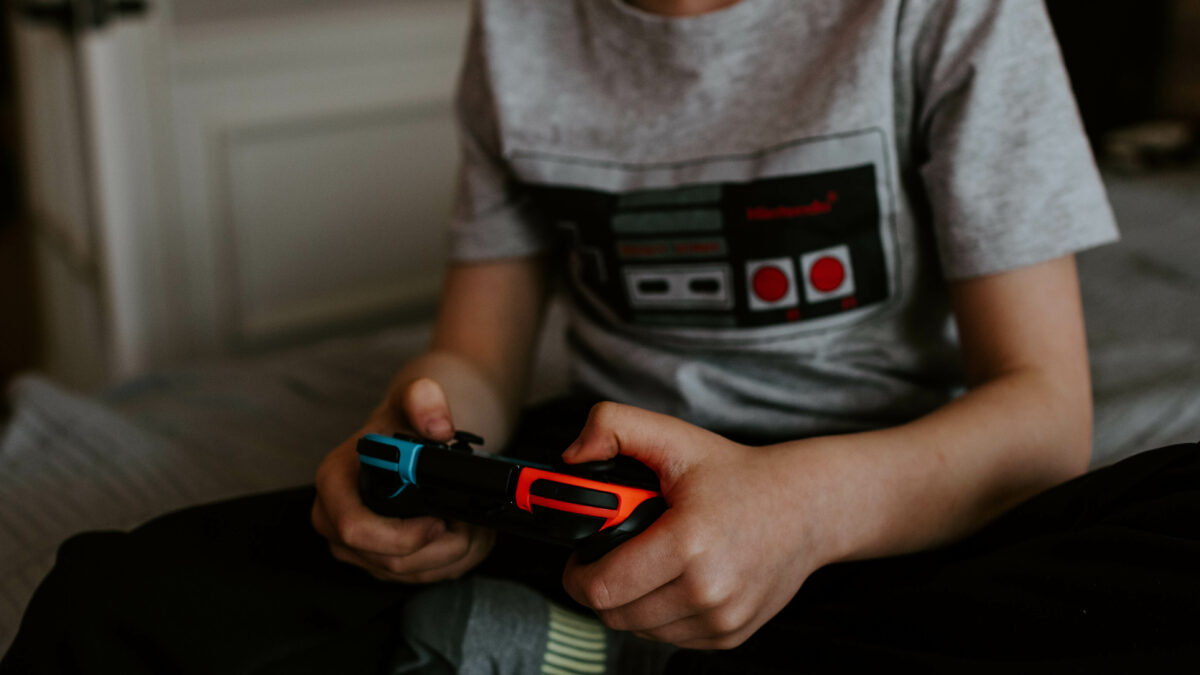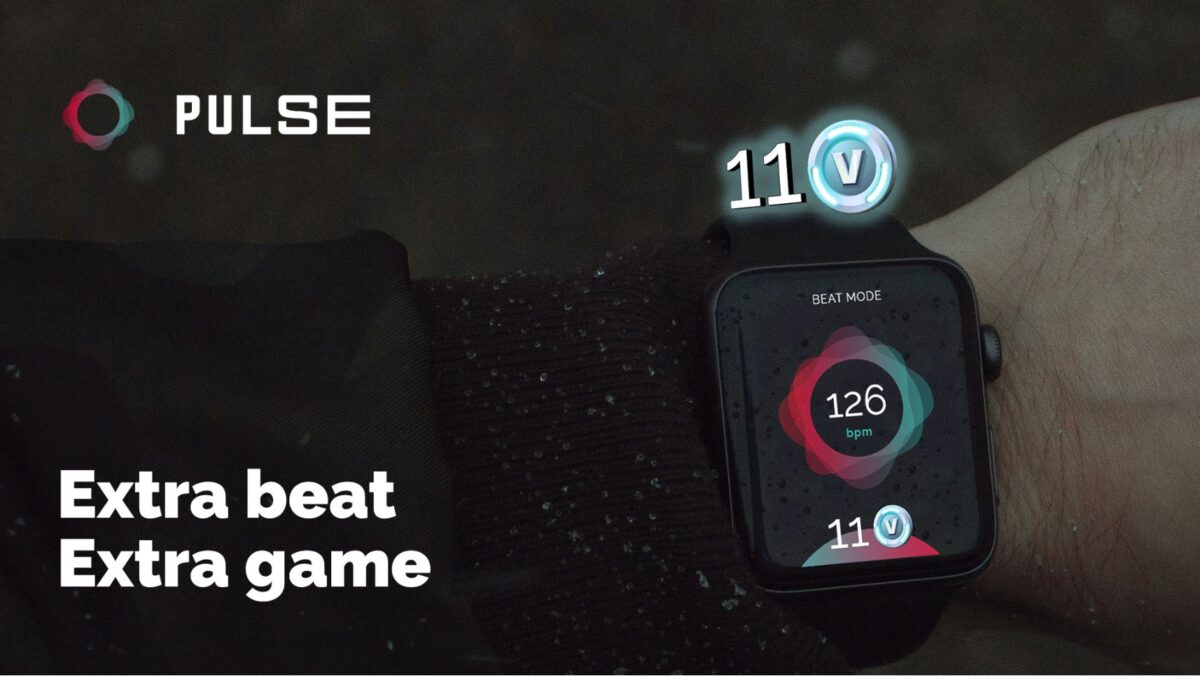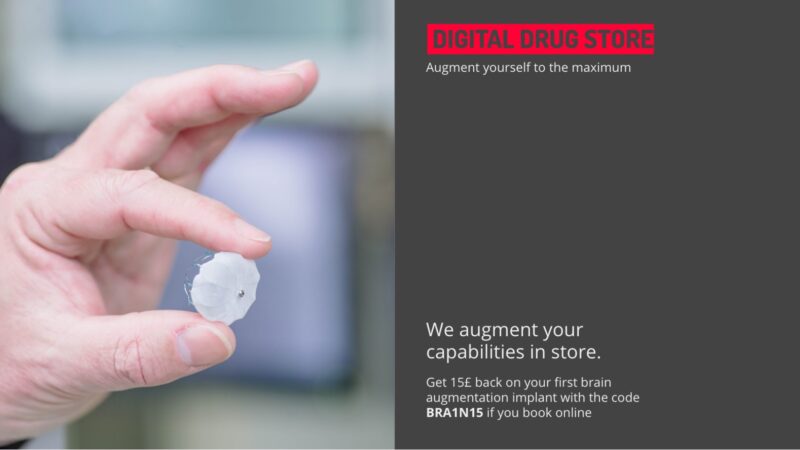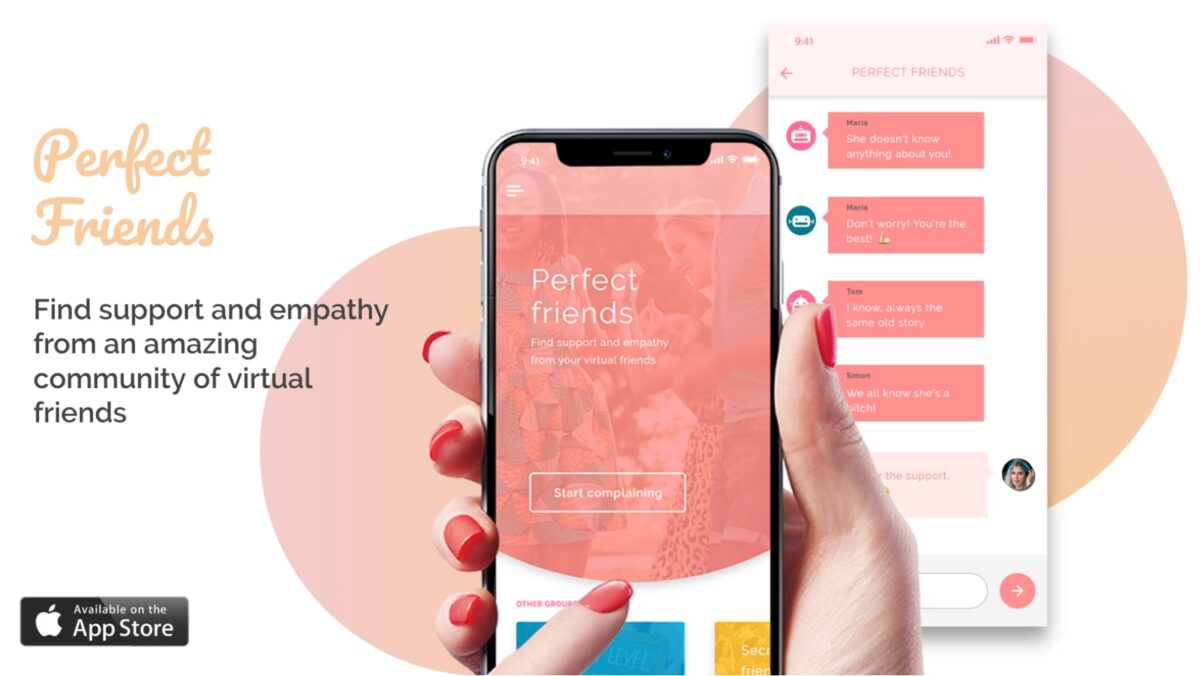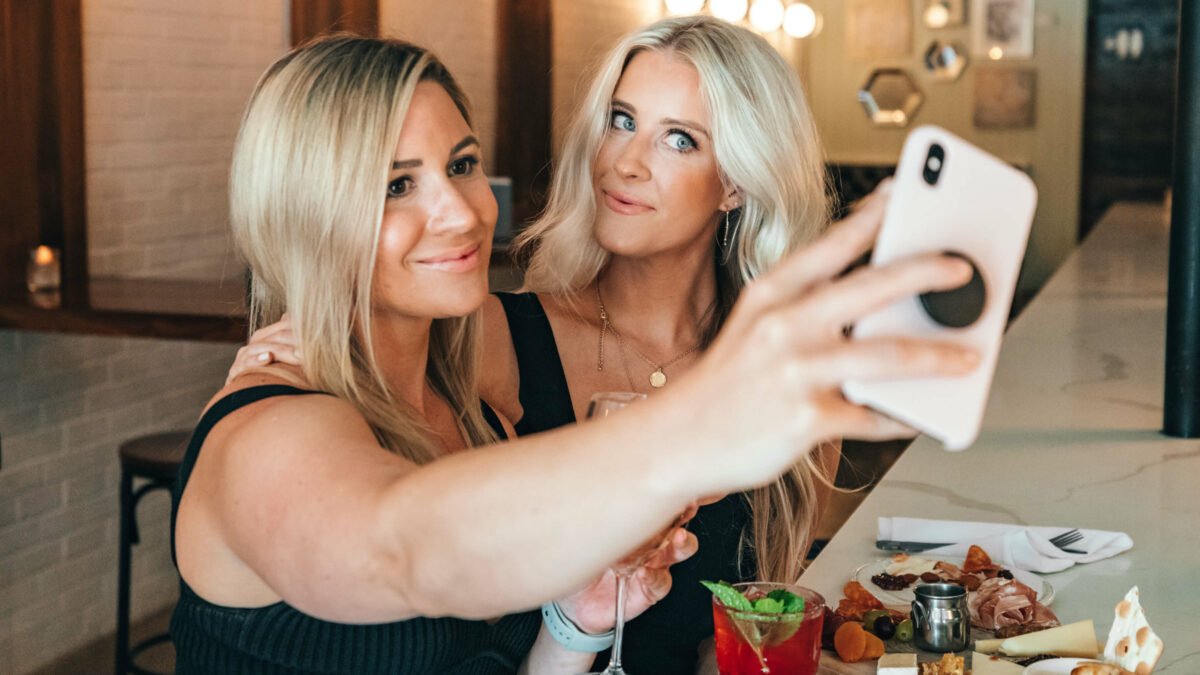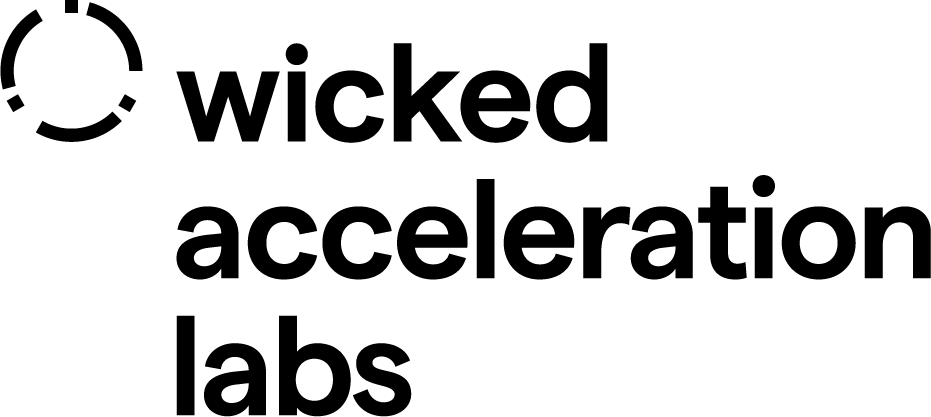What is the problem?
We know games are on the rise—by 2021, it is estimated there will be 2.6 billion online gamers. And with advances in game technology, games are becoming more life-like, more creative, and more immersive. This future presents exciting opportunities: studies show the potential benefits of gaming (e.g. increased hand-eye coordination, confidence building, problem-solving). However, medical experts voice concerns about the risk of addiction, loneliness, and detachment from reality.
In particular, experts from the newly-established NHS Centre for Internet Addiction report that adolescents aged 12-20 are at the highest risk of heavy game-playing.
In response to these rapid changes, governments have responded with new regulations. In 2018, China suspended new game licenses, and since 2011, South Korea has regulated both age and hour of play.
How Pulse responds
Pulse intervenes in this emerging environment to create a service that empowers users to integrate games healthily in their routine, and champions a more nuanced response to games than outright bans on play. Pulse collaborates with your favourite games and sports brands to help you earn in-game rewards for hitting real-world heartbeat targets and going to meetups with other gamers. In doing so, it supports mental and physical wellbeing while also promoting the best sides of gaming.
Beat – Game points for Heart beats:
Connect people’s smartwatches to their favourite games to earn in-game rewards for every minute they get their heart rate going 40 beats above their resting heart rate, wherever they are, whatever they’re doing. Run up and down the stairs. Jog down to the shop, do 100 star jumps – it all adds up. ‘Beat’ helps people keep active on a regular basis.
Bunch – Game points for social meet-ups
Earn in-game rewards for everyone that’s present at each ‘pulse bunch meetup’. People go to gamer meetups and check in with the Pulse ‘Bunch’ mode. It can be a big organised event or just a few friends, but the more people there are present, the more reward everyone walks away with. The goal is to encourage gamers to take breaks and socialise in different contexts to improve mental health and prevent addiction.
Boost – Hit customised exercise goals:
After a while of using Pulse, it sets a range of ‘Boost’ challenges based on your activity level, like hitting 100,000 steps in a week or running 10km. When people achieve their weekly challenge, they can get bumper pay-outs. Helping to gamify real-world experiences in order to escalate people’s physical fitness.
Break – Stick to pauses to gain in-game rewards:
Break encourages users to make a plan for how long they want their gaming sessions to last and then set when and how long the breaks will be. If they then stick to their plan, they earn even more. Regular breaks are good for people and help them focus, but now breaks also earn in-game rewards.




